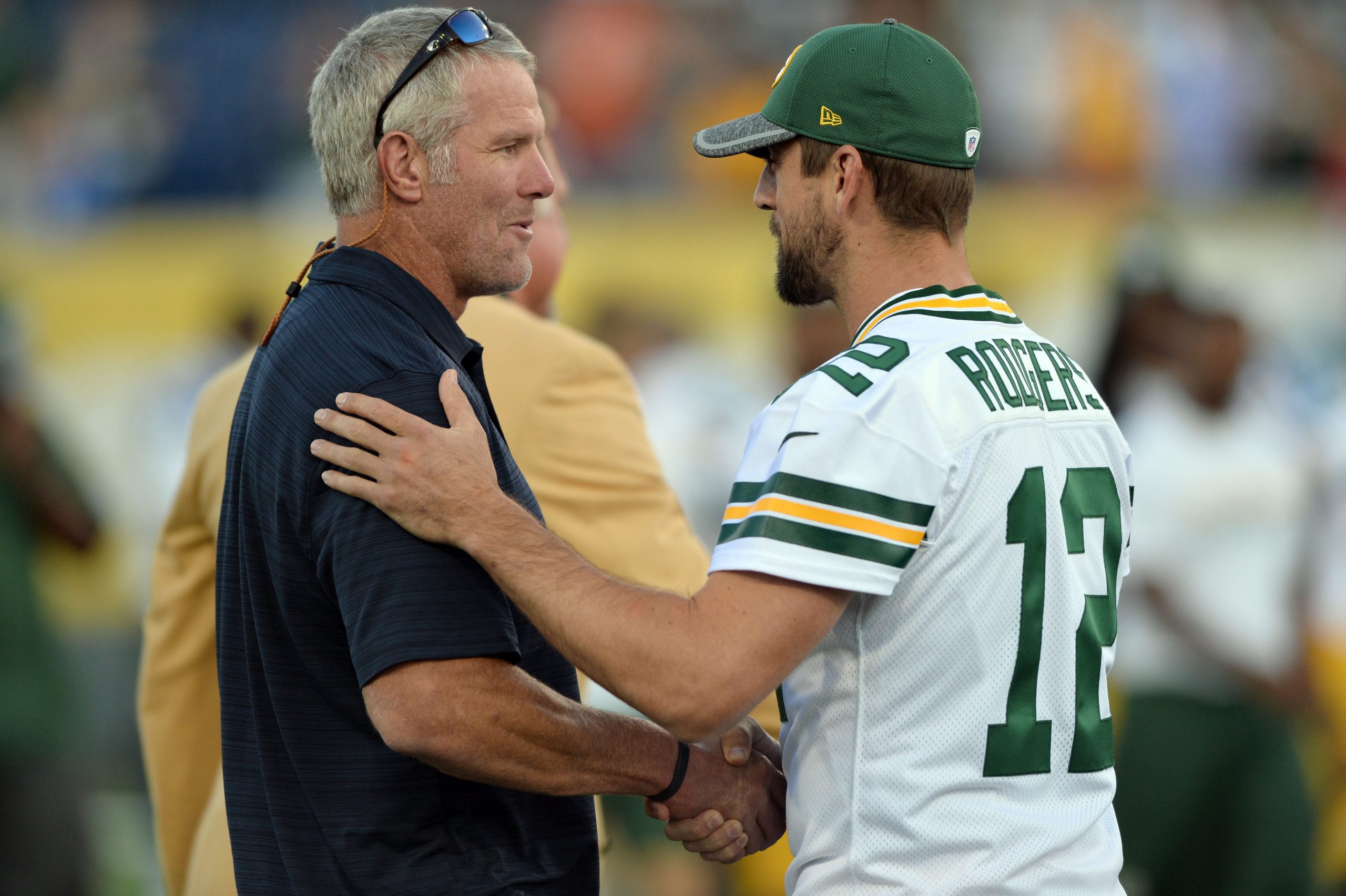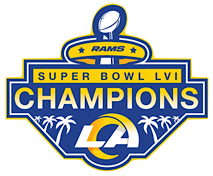- Joined
- Jun 28, 2010
- Messages
- 49,659
- Name
- Burger man


Why the Packers Should Wait to Draft Aaron Rodgers’ Successor
Why the Packers Should Wait to Draft Aaron Rodgers’ Successor
Aaron Rodgers is 36 and as he said earlier in the season, he is “on the back nine” of his NFL career. While there are many people saying the time has come to draft Rodgers’ heir apparent, the Green Bay Packers are better off waiting at least one more season before investing a high draft choice on a quarterback.
History shows that the Packers drafted Rodgers in 2005, when Brett Favre was 35. Rogers sat behind Favre for three seasons, learning the offense and adjusting to life in the NFL. He threw a total of 59 passes in those three seasons playing behind the NFL’s all-time iron man. When Favre retired, unretired and was traded before the 2008 season, Rodgers was ready to step up and perform at a high level.
But there are some key differences between 2005 and 2020 that need to be addressed. First, unlike Favre, Rodgers has not started to talk about retiring at the end of the upcoming season. The future Hall of Famer realizes he has only a few years left, but he has not threatened to hang up his cleats anytime soon.
The former Cal star is currently under contract through the end of the 2023 season. Rodgers will turn 40 in December of that year. That means he is under contract for four more seasons. Even if he doesn’t finish out all four years of his present deal, he is unlikely to retire for at least two or three more seasons.
Another important difference between 2005 and 2020 is the existence of a rookie wage scale. In 2005, the Packers signed Rodgers, the 24th overall pick in the draft, to a five-year deal worth a minimum of $7.7 million although with all incentives it could have been worth as much as $24.5 million.
Now, with the rookie wage scale in place, salaries for entry-level players are significantly lower than they were in 2005. For example, Rodgers’ cap hit this year was more than $29.6 million. Kyler Murray, the first overall pick in this year’s draft, had a cap hit of just under $8 million according to spotrac.com.
Teams use this lower cap hit during a quarterback’s entry-level deal to spend more money on the talent around their quarterback. This has helped many teams win or reach Super Bowls while their quarterback is still being paid less money. The Seahawks went to two straight Super Bowls and won one while Russell Wilson was being paid a relative pittance for a quarterback. The Rams reached the Super Bowl after the 2018 season while Jared Goff was still on his entry-level contract.
Rookie contracts run four years with a team option for a fifth year for first-round picks. If the Packers spent a high draft choice on a quarterback this year and he sits behind Rodgers for two or three seasons, they will be using up roughly half of his entry-level contract while the heir apparent sits on the bench and hardly plays. That will drastically reduce the window the Packers have to take advantage of the new quarterback’s entry-level deal.
If they wait another year before drafting Rodgers’ successor, the Packers gain another season that they would have extra money to spend to surround that quarterback with more talented players. This is crucial in the modern NFL.
Of course, there are exceptions. Remember, the Packers hadn’t planned on drafting a quarterback in 2005 either. Many experts felt Rodgers should have been the first overall pick in the draft. When he was still available at 24, the Packers knew the value was too good to pass up.
If something similar happens this year with the 30thpick and a player the Packers believe is a franchise quarterback falls to them, then sure, they can draft that quarterback this year. But barring a repeat of history, the Packers are better off waiting another year or two before drafting the heir apparent at quarterback. That will maximize the team’s salary cap window in the future. Ideally, the Packers can contend for the next few years with Rodgers and then maximize their salary cap window with his successor and continue to contend.


